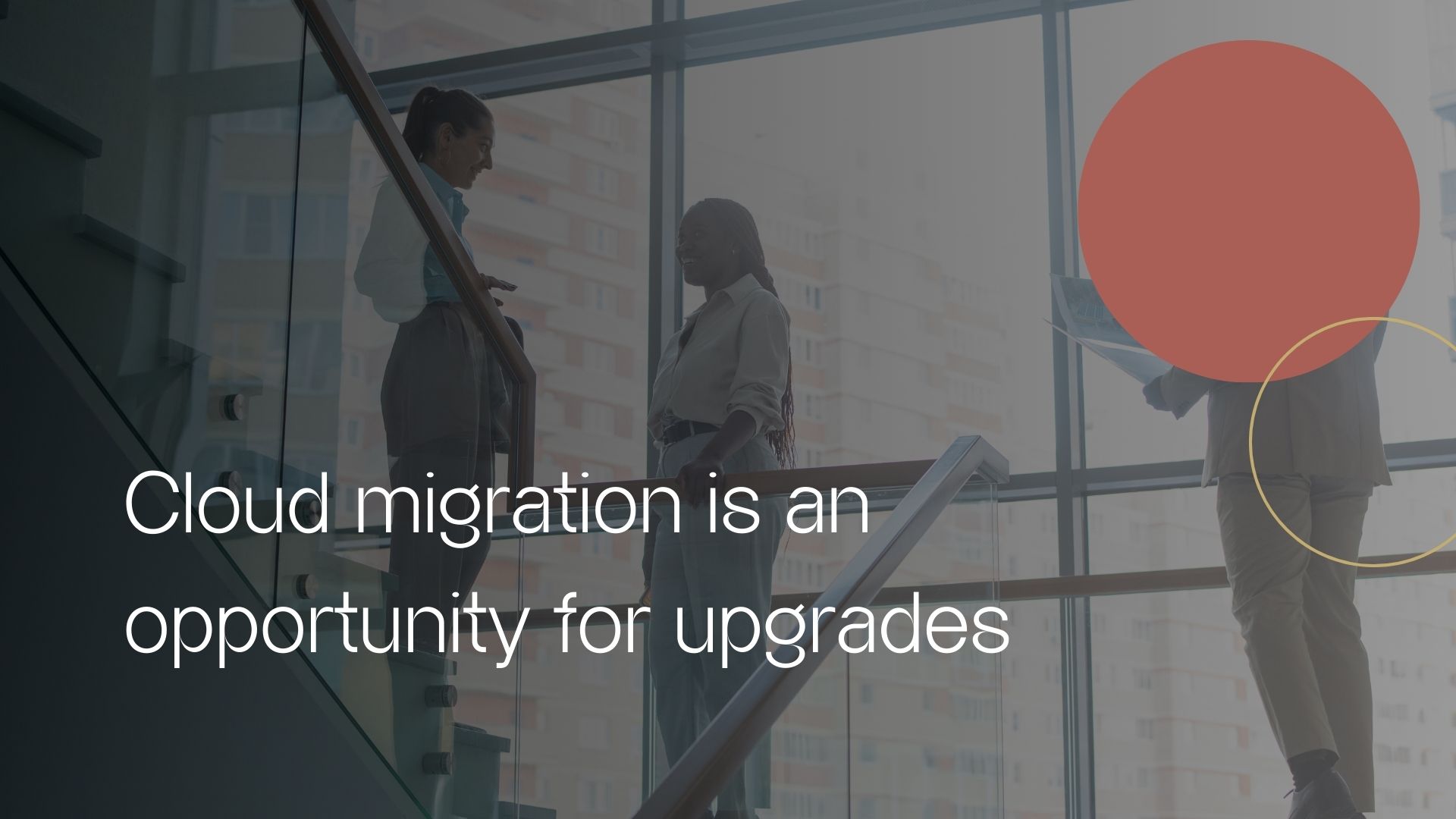
Migrating your Unit4 ERP to the cloud is the perfect opportunity to upgrade your system
For many organisations using Unit4 ERP, the decision to move to the cloud is on the horizon as Unit4 ends support for its on-premise solutions. This has led to many now sitting on the fence, waiting for a final decision on whether to move the ERP system to Unit4 Cloud.
However, amidst this consideration, companies can undertake several crucial processes to optimise their current system while still evaluating the move to the Unit4 Cloud.
These steps not only improve the performance and functionality of the current system but also streamline the potential future transition process to the cloud, ensuring a smoother migration if you ever choose to move to Unit4 Cloud.
Let’s explore these processes in detail:
Upgrade to the Latest Version
Ensuring that your Unit4 ERP system runs on the latest version is essential for staying current with features, security patches, and performance enhancements. Upgrading to the newest version lays a strong foundation for future transitions and ensures compatibility with cloud migration efforts.
Database Migration
Some organisations may need to migrate from Oracle database to SQL as part of their preparation for the cloud migration. This transition streamlines data management processes and aligns the ERP system with modern database technologies, enhancing scalability and performance.
Unit4 Cloud Migrations Experts
Transition to API-Based Integrations:
In preparation for moving to the cloud, companies should consider transitioning from direct-to-database integrations to API-based integrations. API-based integrations offer greater flexibility, scalability, and security, enabling seamless connectivity between the ERP system and other applications or services.
Migration of ARC Reports to Xtra:
For organisations utilising ARC reports within their Unit4 ERP system, migrating to Xtra offers enhanced reporting capabilities and improved efficiency. This transition ensures continuity in reporting processes while preparing for the transition to the cloud.
System Review:
Conducting a comprehensive system review is vital to identify areas for improvement and optimisation. This includes converting BIF templates to postback for enhanced functionality and performance, as well as reviewing customisations such as ACT, AG16, SQL triggers, stored procedures, and database views to ensure compatibility with future cloud migration efforts.
Information Browser and Object Training:
Providing training on Information Browser and Object functionality empowers users to leverage the full capabilities of the Unit4 ERP system. Training sessions enable users to navigate the system more efficiently, access relevant information, and maximise productivity, laying the groundwork for a smooth transition to the cloud.
By undertaking these processes, companies can optimise their Unit4 ERP system to operate more efficiently and effectively while still considering the move to the Unit4 Cloud. These steps not only enhance the performance and functionality of the current system but also streamline the transition process, ensuring a seamless migration to the cloud when the time is right.
Preparing for a move to the Unit4 Cloud involves more than just evaluating the technical aspects of the transition. It requires a strategic approach to optimising the current ERP system and aligning it with future cloud migration efforts. By implementing these processes, organisations can position themselves for success in the cloud while maximising the value of their Unit4 ERP investment.
To learn how we can support your ERP system, get in touch here.





